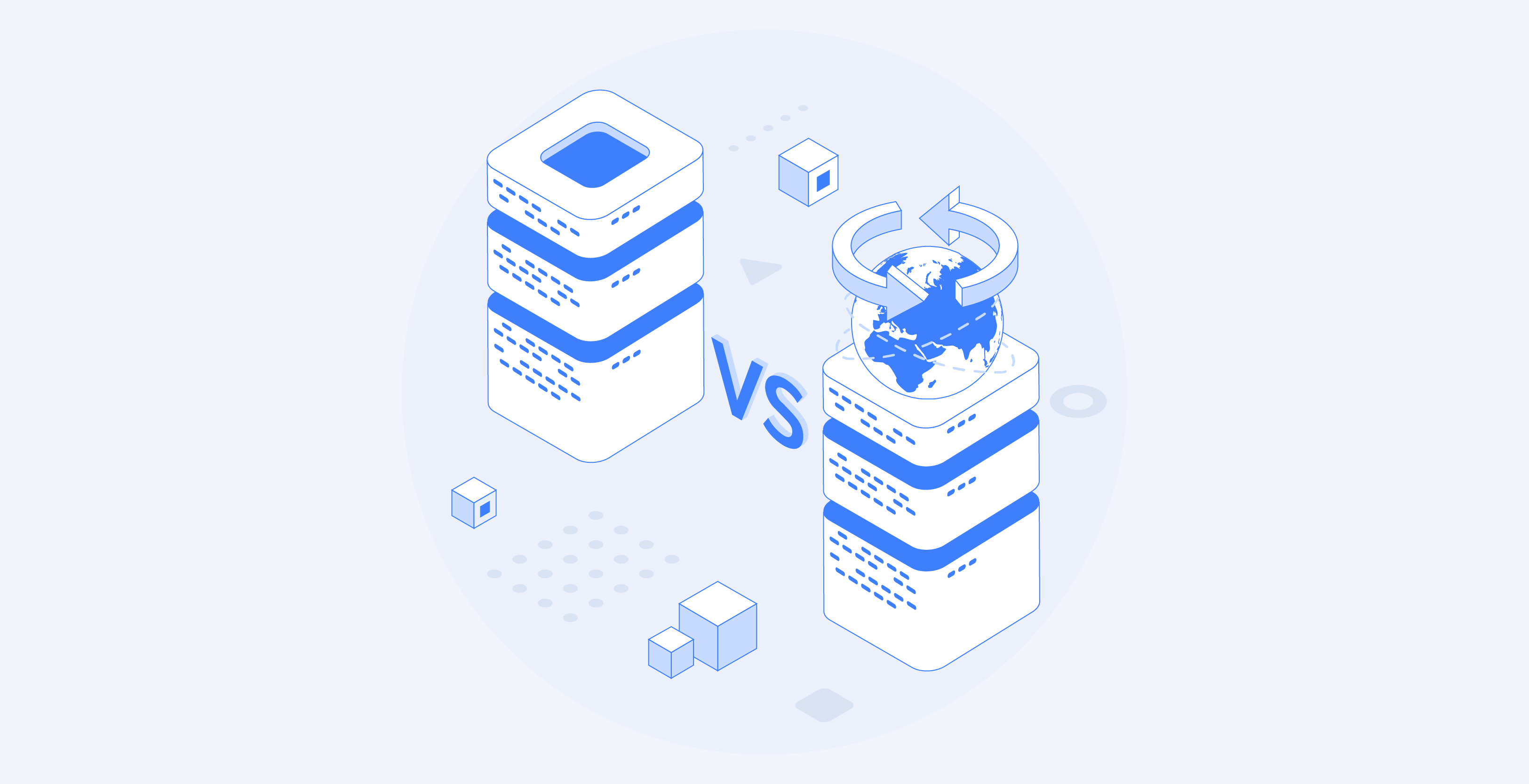In the realm of internet privacy and data access, proxies serve as a crucial tool for users seeking anonymity, security, and unrestricted browsing. Among the plethora of proxy options available, the comparison between static and dynamic proxies holds significance due to their distinct functionalities and applications. Let’s explore these two proxy types comprehensively to understand their attributes and determine the ideal fit for various online endeavors.
Understanding Static Proxies
Definition and Functionality
Static proxies, also termed dedicated proxies, assign a fixed IP address to a user, maintaining consistency throughout the browsing session. These proxies provide a stable and unchanging identity, beneficial for tasks requiring a permanent IP.
Advantages
- Reliable Connectivity: Static proxies ensure a consistent and stable connection, crucial for activities demanding a fixed IP address.
- Enhanced Security: With a dedicated IP, the risk of being blocked or flagged due to multiple users sharing the same IP is significantly reduced.
- Predictable Performance: The absence of frequent IP changes often results in faster speeds and lower latency.
Use Cases
- E-commerce Management: Managing multiple accounts or automating tasks on e-commerce platforms benefits from the consistent identity provided by static IPs.
- SEO Monitoring: Continuous tracking of search engine rankings and performing SEO-related activities necessitates uninterrupted access.
Unraveling Dynamic Proxies
Definition and Functionality
Dynamic proxies, also known as rotating proxies, employ a pool of IP addresses that change at specified intervals or per request. These proxies offer versatility and anonymity by cycling through different IPs.
Advantages
- Enhanced Anonymity: Dynamic proxies provide increased anonymity by frequently changing IPs, making it difficult for websites to track user activity.
- Evading Restrictions: They bypass IP bans or anti-scraping measures by presenting different IPs for each request.
- Scalability: Dynamic proxies efficiently handle high-volume tasks with a diverse range of IPs, preventing detection and enabling efficient data extraction.
Use Cases
- Web Scraping: Extracting data from websites without triggering security measures significantly benefits from rotating proxies’ IP rotation capabilities.
- Market Research: Gathering diverse data sets from multiple sources without detection or being blocked by the target websites.
Selecting the Suitable Proxy
Considerations
- Nature of Tasks: Evaluate whether a consistent IP (static) or varied IPs (dynamic) better aligns with the requirements of your activities.
- Budget and Scalability: Assess the cost-effectiveness and scalability needed for your project, considering the pricing models associated with each proxy type.
- Target Websites or Services: Some platforms or services may have specific requirements favoring either static or dynamic proxies.
Conclusion
Static proxies and dynamic proxies serve distinct purposes, offering stability, security, anonymity, and scalability in different capacities. While static proxies ensure reliability and consistency, dynamic proxies provide increased anonymity and adaptability. Understanding the strengths and applications of each proxy type empowers users to make informed decisions, optimizing their online activities securely and effectively.
